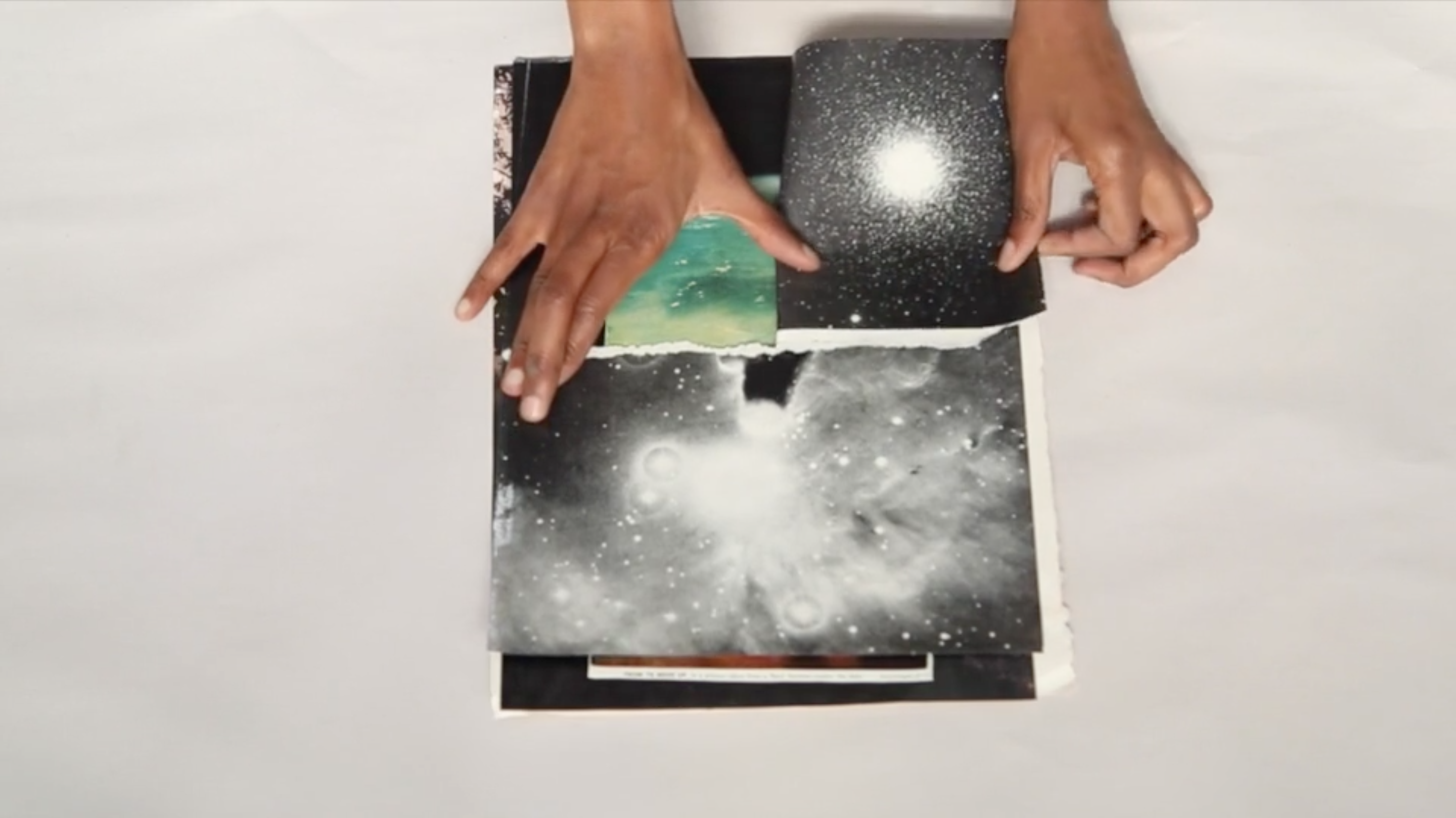The title of this note takes lines from seven writers and artists gathered in this issue of the Newsletter: Mónica Jiménez, Jada Renée Allen, Rashaad Thomas, Morgan Leigh, Jaye Elizabeth Elijah, Sasha Hawkins, and Dionne Lee, respectively. All Black-identified and holding some connection, whether momentary or intergenerational, to the Southwest United States, living/making work in the cross of multiple borderlands and those unique expressions of life, of desire, and of the consequences borne through ongoing displacement.
Beneath and alongside our various approaches to making and questioning language is the fact that we are all residents of violently occupied land. This folio is intended as a moment to think out loud about the ways in which that particular reality produces meaning in the imaginative and physical terrains underwriting creative practice.
The prompt: to reflect on a piece of personal work or aspect of creative process through the lens of occupation. The responses engage imperialism, colonialism, and settler colonialism through a range of grammars and emotionalities. Theoretical and ecological interventions. Pop culture timelines. Legal frameworks. Questioning of national forests and international solidarities…
There are no clear answers. Don’t come looking for concise expressions of personal or collective politics. While politics do emerge in partial and tentative fashions, the emphasis is on practice/process/how we got here/what we do here, not the specifics of any particular position.
Legal scholar, historian, and poet, Jiménez looks at how the law and language function at various registers to create communities, manufacture debt, and strip landscapes of particularity. Allen deploys and questions the lyric to further complicate a lineage of Black artists drawing painful and imperfect connections between Black Chicago and Iraq. With an emphasis on aurality (particularly sounds produced during Qur’an recitation), Thomas, a poet and sound artist, renders an urban war-scape persistent in the wake of municipal divestment. Elijah constellates Black feminist criticality around a fleshy, densely foliaged, and exquisitely distilled triptych of two scenes. A visual artist, Lee shares her relationship to landscape photography as a practice of resisting control and remaining intimately in touch with the ground. The punchy, erotic phrases accompanying Hawkins’s self-portrait reflect the objectification that underwrites mythologizing and exploitation throughout the Southwest. And Leigh, this issue’s cover artist, reforms her body through the accumulated remains of others’.
To the writers and artists included: immense gratitude for sharing your work and some of the reflections that surround it. As our languages—the ground of our knowing—are embedded in them, the ambient conditions of occupation can be challenging to locate. And even more challenging to name. I’ll keep asking. And listening. And thinking. Thank you for thinking with me.
Saretta Morgan Akimel O’odham land, Phoenix, AZ June 2023
